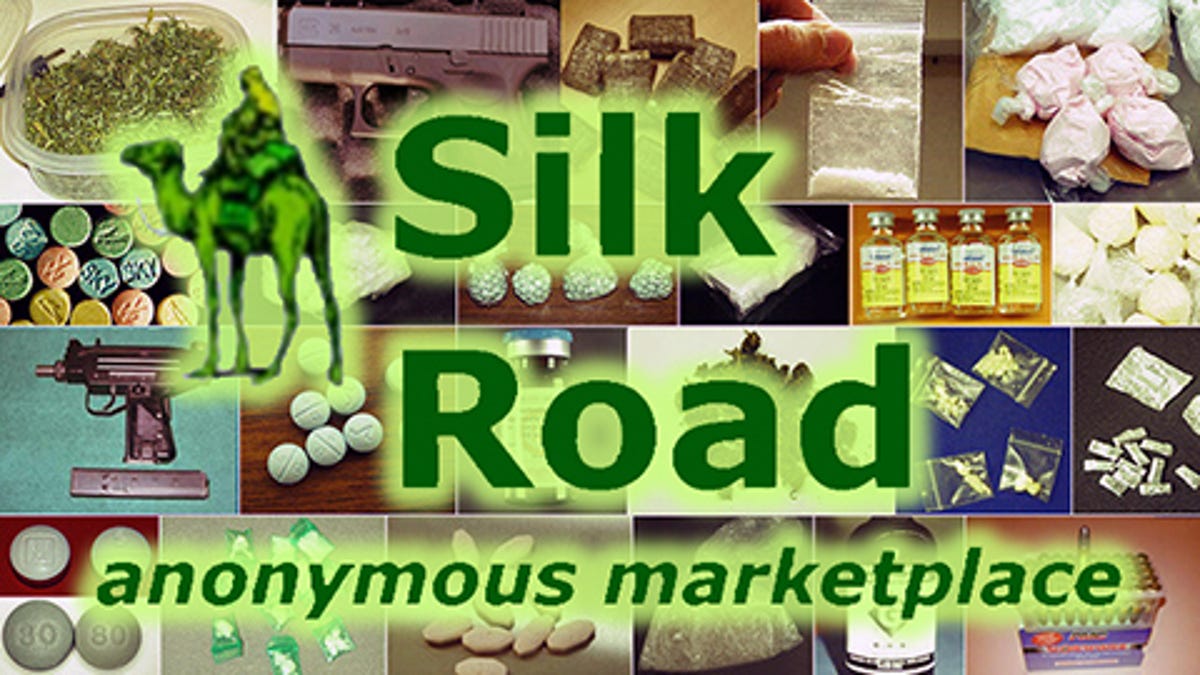Alleged Silk Road creator indicted on 'kingpin' charges
Ross Ulbricht, who allegedly went by "Dread Pirate Roberts" and operated the black market drug site, is charged with hacking, money laundering, narcotics trafficking, and operating a criminal enterprise.

The alleged operator of the online drug bazaar Silk Road, which was seized last October, has been indicted on four charges.
The US Attorney for the Southern District of New York Preet Bharara announced Tuesday that Ross Ulbricht, who allegedly went by the moniker "Dread Pirate Roberts," could now face a minimum of 30 years in prison and a possible maximum sentence of life in prison.
The Justice Department claims that Silk Road was used by more than 100,000 people to buy and sell illegal drugs, goods, and services since it started up in 2011. Allegedly, the site had roughly 13,000 drug listings under titles like "cannabis," "ecstasy," "opioids," "psychedelics," and "stimulants."
"Silk Road emerged as the most sophisticated and extensive criminal marketplace on the Internet, serving as a sprawling black-market bazaar where unlawful goods and services, including illegal drugs of virtually all varieties, were bought and sold regularly by the site's users," the Justice Department wrote in a statement. "While in operation, Silk Road was used by several thousand drug dealers and other unlawful vendors to distribute hundreds of kilograms of illegal drugs and other unlawful goods and services to well over a hundred thousand buyers, and to launder hundreds of millions of dollars deriving from these unlawful transactions."
Ulbricht, 29, was arrested in San Francisco on October 1, 2013. He was the alleged mastermind behind Silk Road and was able to keep the site anonymous via the secure Tor browser. Purchases were typically made with the virtual currency Bitcoin and sales are said to have totaled more than $1 billion.
The Justice Department said that between November 2011 and September 2013 law enforcement agents conducted more than 100 undercover purchase of drugs from Silk Road vendors, including heroin, cocaine, ecstasy, and LSD.
Since Ulbricht's arrest, authorities have also arrested a handful of other people allegedly involved with the site, including Ulbricht's alleged assistants, supposed vendors, and Bitcoin CEO Charlie Shrem. In the case of Shrem, authorities claim he was involved in a scheme to sell more than $1 million in Bitcoins for use on Silk Road.
While the FBI shuttered the Silk Road Web site in October, replacing it with a seizure notice, another black market drug site is said to have appeared in its place. Silk Road 2.0 reportedly opened for business last November -- the news was announced by Twitter user Dread Pirate Roberts, which is allegedly the same moniker as Ulbricht.

